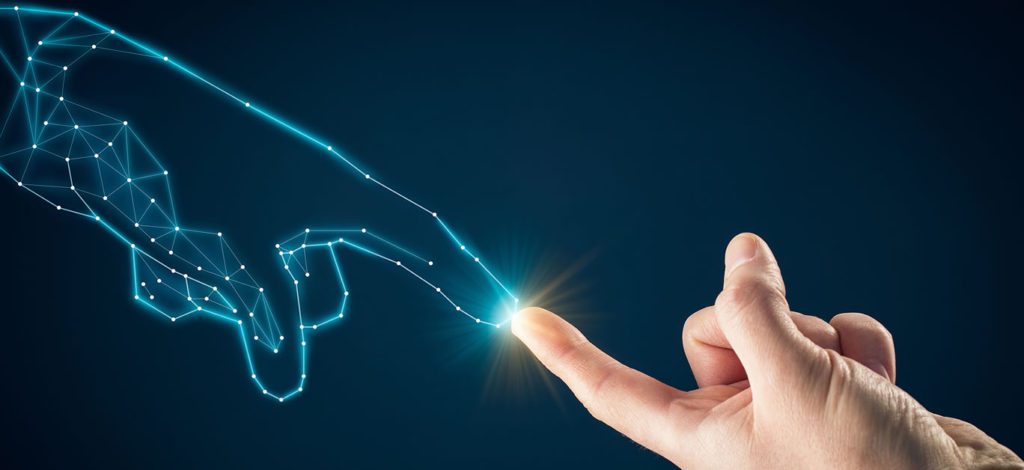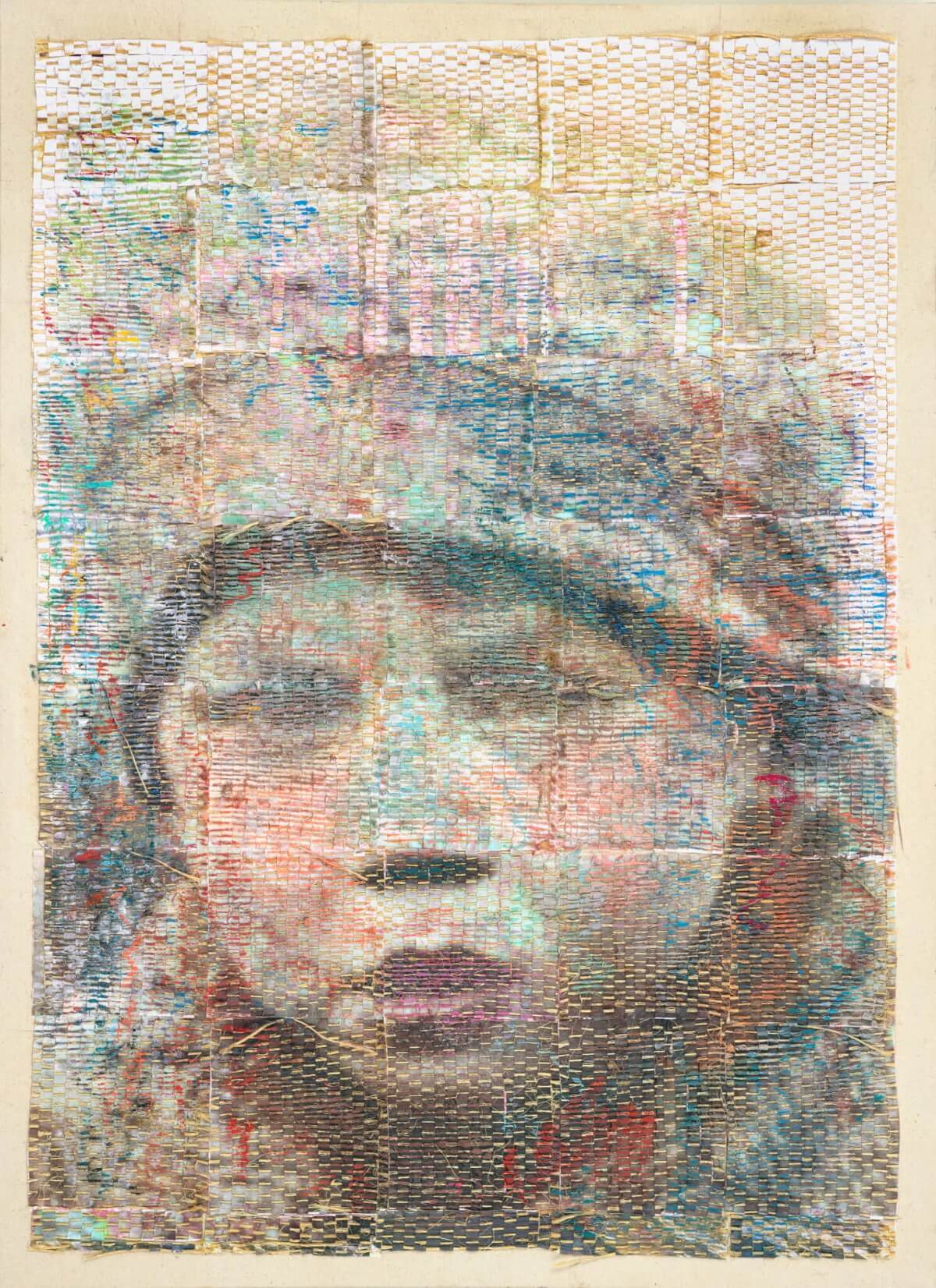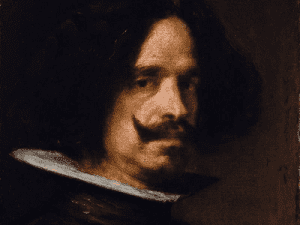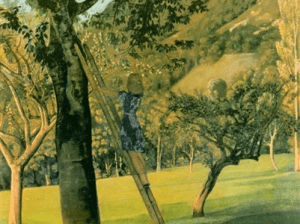AI is changing the art and design world quickly and affecting all parts of the creative industry. AI is being used in various ways, from creating new forms of art to enhancing design processes. This post will discuss the effects of AI on the creative industry and its implications for the future of art and design.

Generative art is a significant way in which AI is transforming the creative industry. AI can generate unique art forms that are beyond human imagination by utilising algorithms and machine learning. The art collective Obvious from France created a portrait using an AI algorithm, which was sold for more than $400,000 at an auction in 2018. AI-generated music and literature are becoming more prevalent. Companies such as Amper Music and OpenAI have developed advanced algorithms that can create original music and prose.
Artificial intelligence is impacting the design process significantly. Designers can use AI-powered tools to automate repetitive tasks like creating layouts or selecting colour palettes, freeing up time to focus on more creative aspects of their work. Adobe’s Sensei AI can analyse images and suggest layouts, which makes the design process faster and more efficient. AI can assist designers in creating more accessible and inclusive designs by examining user data and offering suggestions on how to enhance accessibility.
AI is being used in marketing and advertising. Tools powered by AI can analyse large amounts of data to create customised marketing campaigns, focus on specific audiences, and enhance ad performance. IBM’s Watson can analyse social media data to identify trends and create targeted marketing campaigns.
AI has benefits in the creative industry, but there are concerns about its impact on human creativity. There is a viewpoint that excessive dependence on AI-generated art and design may hinder human creativity and restrict artistic expression. Some people are concerned that AI-generated content could be utilised for unethical intentions, like disseminating false information or propaganda.
AI is impacting the creative industry and is expected to continue doing so in the future. AI has the potential to transform the way we create and experience art and design, although there are valid concerns about its impact on human creativity. As artificial intelligence progresses, it will become crucial for designers and creatives to incorporate AI into their work in a manner that supports and amplifies human creativity.
Recommend0 recommendationsPublished in Uncategorized






Responses